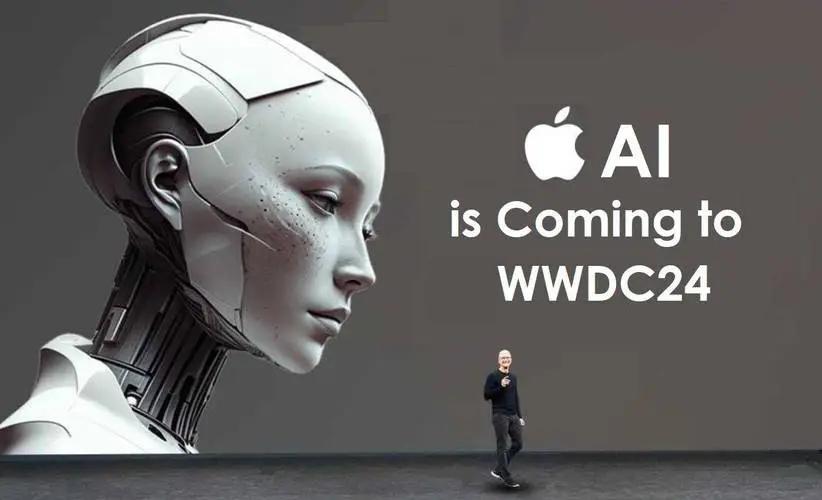
Recently, Apple held a Worldwide Development Conference (WWDC) to showcase its latest operating system for iphones, ipads, Macs and other devices, and announced a partnership with OpenAI to launch a suite called Apple Intelligence around generative artificial intelligence. This function can call ChatGPT directly in the system.
American entrepreneur Elon Musk attacked Apple Inc. and OpenAI on the X platform as "unacceptable security violations", and believes that this cooperation will lead to user privacy data leakage, and many X users bluntly expressed concerns about the AI functions launched by Apple Inc.
In recent years, artificial intelligence has mushroomed and flourished, bringing indelible contributions to the development of the global economy, at the same time, the problems brought by AI intelligence such as personal privacy disclosure, legal and ethical level construction, and technological improvement have become increasingly prominent.
Although Apple has taken measures such as technological innovation and strengthening personal privacy protection to deal with the risks brought by AI. However, the risk management of artificial intelligence is a complex process, and the improvement of the process has a long way to go, and Apple still needs a long way to go. The strong launch of new products and ancillary functions by Apple and OpenAI is bound to have a certain impact on the world AI market in the short term. It is mainly manifested in the following aspects.
First of all, the monopoly of the AI market has deepened. WWDC working too closely with OpenAI could lead to a squeeze on opportunities for other AI technologies and products in the market. OpenAI has already established a strong brand and technical advantage in the AI field, and the launch of the GPT Store, which was disrupted by the "Gong Dou" storm, shows its ambition in building an AI application ecosystem.
Second, innovation in the global AI field is limited. Countries and institutions with stronger global economies tend to benefit the most from the proliferation of AI systems, and if WWDC and OpenAI's collaboration focuses on these regions that already have a strong technical base and resources, then other regions, especially those with weaker economies or a lack of technical support, may be left behind in AI innovation. While this collaboration can drive rapid technology development, it can also lead to the problem of technology homogenization due to internal decisions and resource allocation, that is, all applications based on these underlying models tend to be similar and less innovative.
Moreover, cooperation involves ethical and transparency generalization risks. OpenAI has experienced a lack of transparency in its handling of internal communications and decision-making processes, and if this happens again in its partnership with WWDC, it could damage public trust and thus affect the image and health of the global AI industry.
Finally, the economic impact and social impact on the global AI field. On the one hand, such cooperation may lead to less competition in the market, which in turn affects the living space of other small or start-up companies in the field of AI, which not only inhibits the development of technological diversity, but even leads to an imbalance in the economic structure, especially for those regions and countries that rely on high-tech industries.
On the other hand, the cooperation between WWDC and OpenAI is too centralized and costs a lot of money to control a large number of data and algorithms, but does not fully consider employment, privacy protection and other issues, resulting in the rapid development and application of AI technology and the formation of irreversible opposition to the social level.
In short, while WWDC's collaboration with OpenAI has the potential to greatly advance global AI technology, it also needs to be mindful of its possible negative effects, such as increasing global inequality and technology homogenization. This requires that while promoting technological innovation, relevant parties should also pay attention to issues of fairness and diversity to ensure the sustainable development of AI technology.

On January 4th local time, Trump warned India that if it does not limit its purchase of Russian oil, the United States will continue to raise tariffs on Indian products. Trump's latest warning sent shockwaves through the Indian financial market in just one day.
On January 4th local time, Trump warned India that if it do…
In October 2025, the US trade deficit narrowed unexpectedly…
According to the British media CoinJournal, recently, due t…
In January 2026, US President Trump once again set his sigh…
Europe is facing a crucial strategic choice: In the face of…
On New Year's Day 2026, BMW China announced a "systematic v…